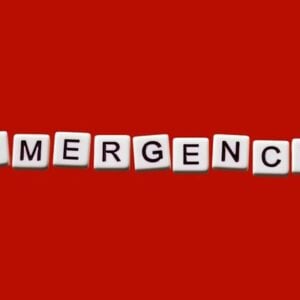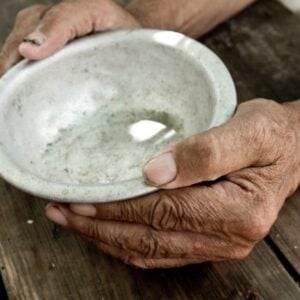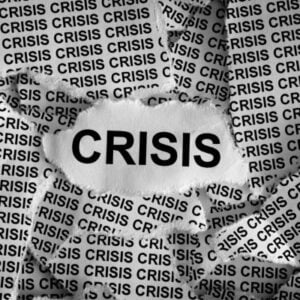Since June 2025, Pakistan has been grappling with a severe monsoon emergency caused by unprecedented rainfall, cloudbursts, urban flooding, and glacial lake overflows, resulting in over 1,000 deaths and affecting nearly 7 million people. In Punjab alone, overflowing rivers displaced 4.7 million residents, and at least 4,700 villages were impacted. In response, CARE has scaled up its humanitarian operations to reach the most affected districts of Punjab, Khyber Pakhtunkhwa (KPK), and Gilgit-Baltistan.
Rapid assessments conducted by UNOHCA in over 1,900 villages in Punjab highlight a surge in communicable diseases, with malaria reported in 64% of villages, skin infections in 58%, diarrheal diseases in 41%, and dengue in 32%. The floods have also devastated agriculture and livestock, wiping out the primary sources of income and food for millions. Rising food prices and depleted household stocks have intensified food insecurity, forcing families to rely heavily on humanitarian assistance and markets for survival.
The crisis has heightened the risk of polio resurgence due to unsanitary conditions and postponed vaccination campaigns. As of 2025, Pakistan has reported 27 polio cases, highlighting the urgent need for vaccination and public health interventions. CARE’s rapid needs assessment in Multan, Muzaffargarh, and Jhang identified critical demands for mobile medical units, maternal and child health services, and interventions to prevent the spread of infectious diseases such as diarrhea, malaria, and respiratory illnesses.
Women and children are particularly vulnerable in the crisis, facing challenges in accessing nutrition, medical care, safe sanitation, and secure shelter. The disruption of education for girls and the psychological trauma experienced by displaced families are additional concerns. CARE has emphasized the need for immediate humanitarian support to address these vulnerabilities, including the provision of emergency shelter, health and hygiene kits, food, cash assistance, and other essential relief items.
As floodwaters recede in Punjab and KPK, communities are returning to destroyed homes and lost livelihoods, underlining the need for a transition from emergency relief to early recovery. CARE, in partnership with local organizations, aims to assist at least 100,000 affected individuals, focusing on rebuilding livelihoods, restoring water and sanitation infrastructure, and providing climate-resilient support to strengthen community resilience against future extreme weather events.
To maximize the effectiveness of the response, CARE is collaborating with a wide network of local and international partners to coordinate relief efforts, avoid duplication, and ensure aid reaches the most vulnerable populations efficiently. Sustained donor support is critical to maintain these lifesaving operations and to help communities recover with dignity while preparing for future disasters.







